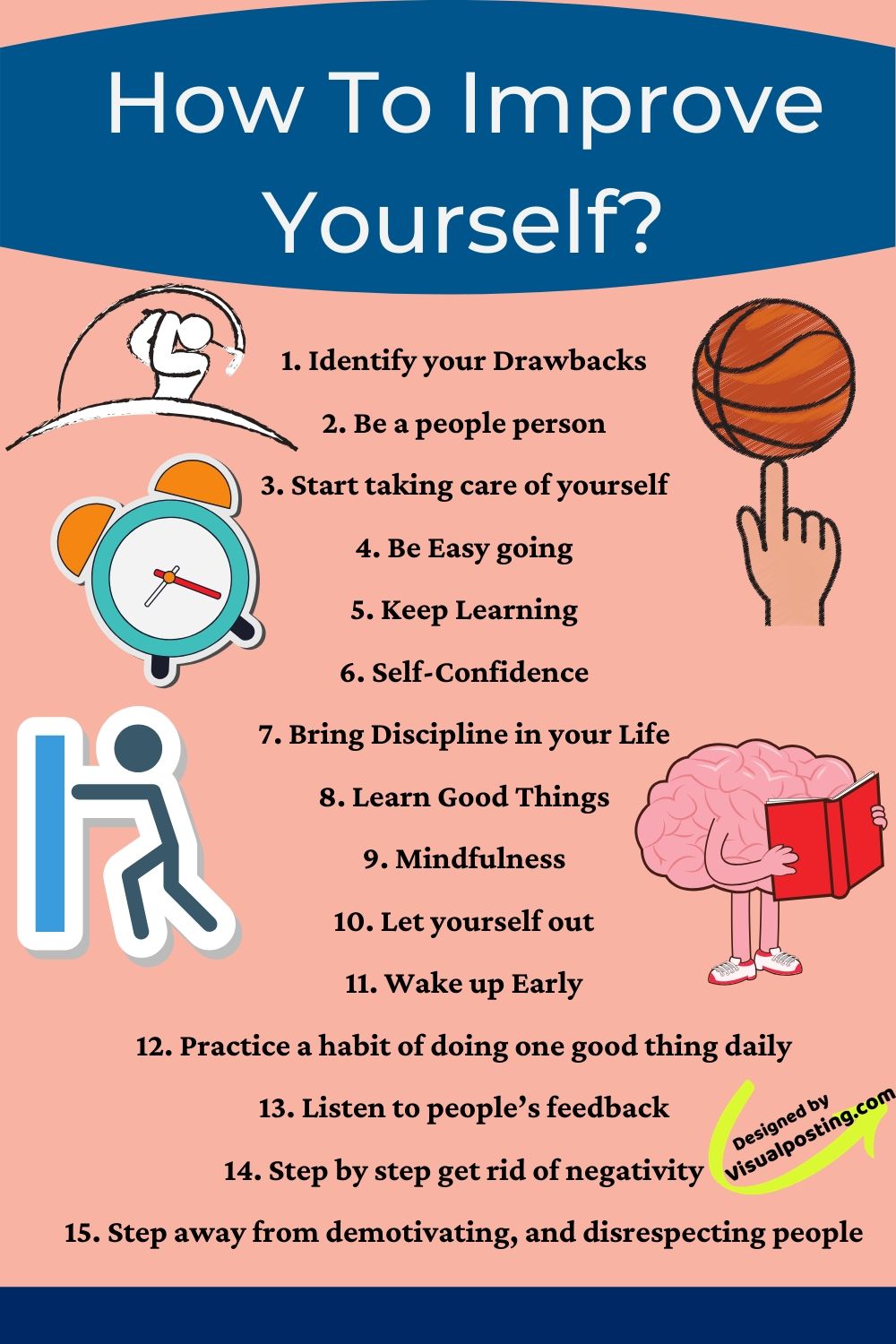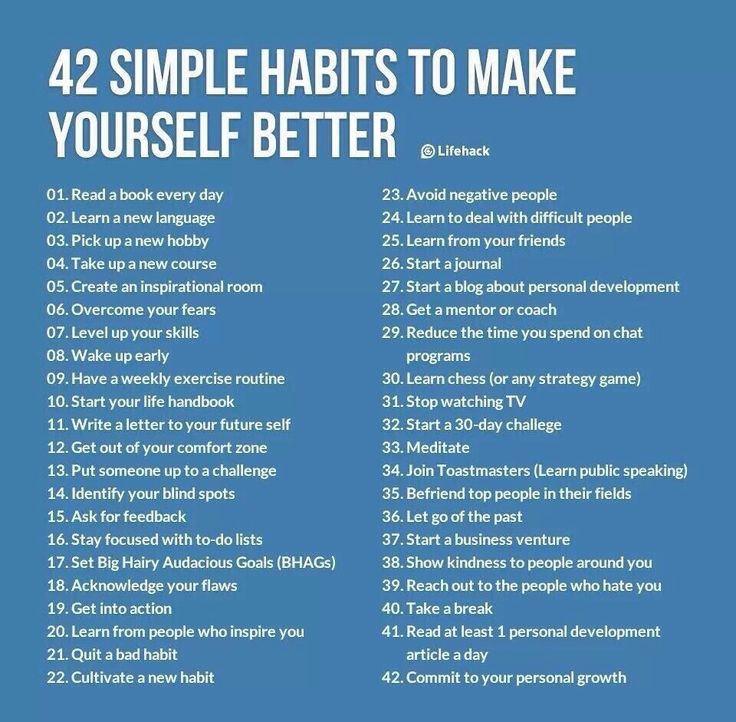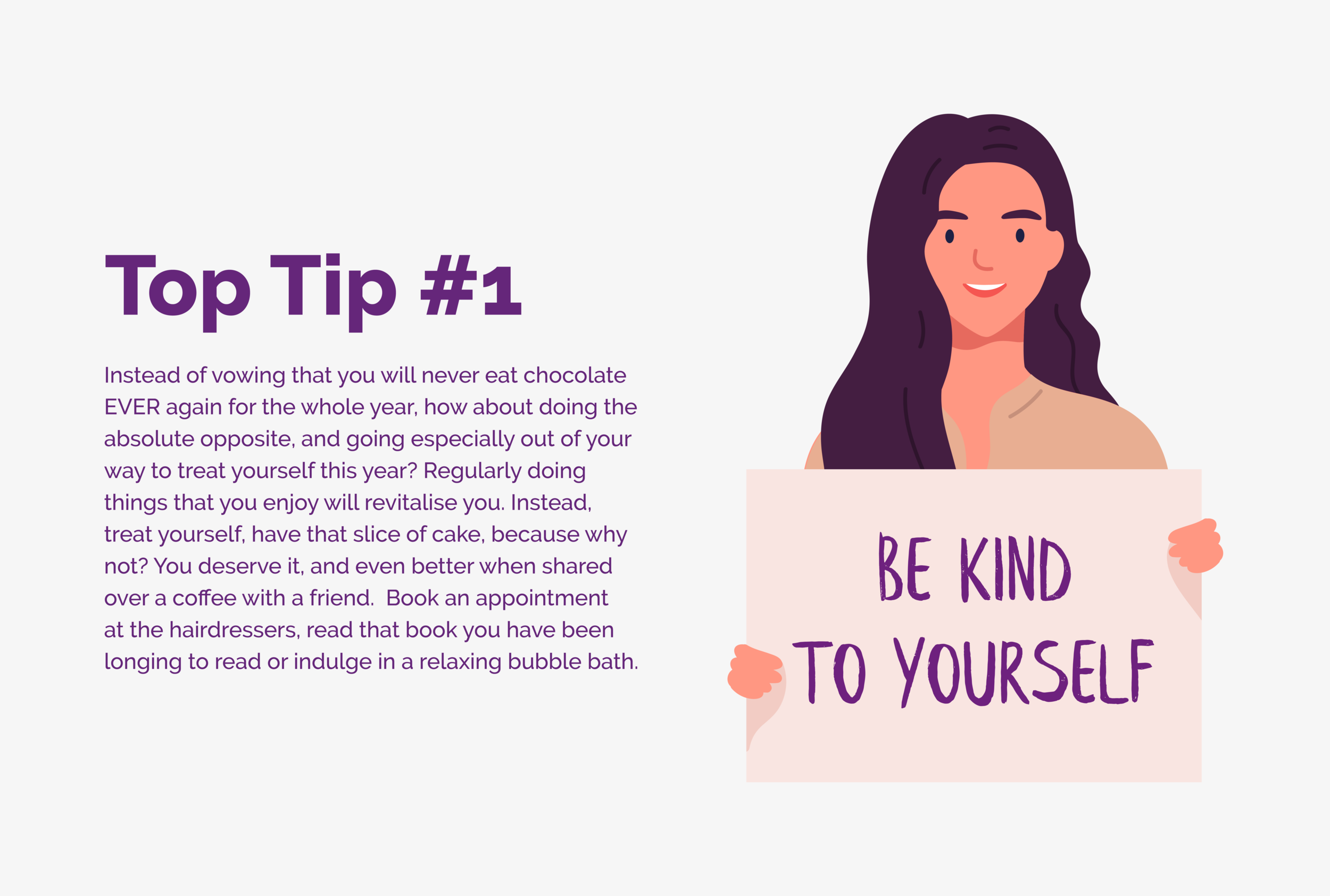Things To Do To Feel Better About Yourself

Imagine waking up to the sound of birds chirping, sunlight gently streaming through your window. You stretch, not with a groan of dread for the day ahead, but with a sense of quiet anticipation. It's a feeling of inner peace, a gentle hum of self-acceptance. This isn't some unattainable ideal; it’s a state of being we can all cultivate with intention and kindness towards ourselves.
Feeling good about yourself is fundamental to overall well-being. It isn't about vanity or arrogance; it's about recognizing your inherent worth, embracing your strengths, and accepting your imperfections. This article explores actionable steps you can take to boost your self-esteem and cultivate a positive self-image, transforming that feeling of quiet anticipation into your everyday reality.
Embrace Self-Compassion
Self-compassion is at the heart of feeling better about yourself. It involves treating yourself with the same kindness, care, and understanding you would offer a good friend in times of struggle. Renowned researcher Kristin Neff, a pioneer in self-compassion research, emphasizes its three key components: self-kindness, common humanity, and mindfulness.
Practice Self-Kindness
Instead of berating yourself for mistakes, offer words of encouragement and support. Treat yourself with the same gentleness you would offer a loved one. Acknowledge your struggles without judgment and remind yourself that everyone makes mistakes.
Recognize Common Humanity
Remember that you are not alone in your struggles and imperfections. Everyone experiences difficulties and setbacks. Understanding that suffering is a shared human experience can help you feel less isolated and more connected.
Cultivate Mindfulness
Be present in the moment and acknowledge your thoughts and feelings without judgment. Mindfulness allows you to observe your emotions without getting swept away by them. This practice can help you develop a more balanced and objective perspective on yourself and your experiences.
Nurture Your Physical Well-being
Taking care of your physical health has a profound impact on your mental and emotional state. It's about more than just aesthetics; it’s about fueling your body and mind to function at their best. Regular exercise, a balanced diet, and sufficient sleep are essential components of self-care.
Engage in Regular Exercise
Physical activity releases endorphins, which have mood-boosting effects. Find an activity you enjoy, whether it's dancing, hiking, swimming, or simply walking. Aim for at least 30 minutes of moderate-intensity exercise most days of the week.
Prioritize Sleep
Sleep deprivation can significantly impact your mood and cognitive function. Aim for 7-8 hours of quality sleep each night. Create a relaxing bedtime routine to promote restful sleep, such as reading, taking a warm bath, or practicing meditation.
Nourish Your Body with Healthy Foods
A balanced diet provides your body with the nutrients it needs to thrive. Focus on whole, unprocessed foods, such as fruits, vegetables, lean proteins, and whole grains. Limit your intake of sugary drinks, processed foods, and excessive caffeine.
Set Achievable Goals and Celebrate Your Progress
Setting goals and working towards them can provide a sense of purpose and accomplishment. It's important to set realistic and achievable goals to avoid feeling overwhelmed or discouraged. Celebrate your successes, no matter how small.
Break down larger goals into smaller, more manageable steps. This makes the overall task feel less daunting and allows you to track your progress more easily. Reward yourself for reaching milestones along the way.
Focus on progress, not perfection. No one is perfect, and it's okay to stumble along the way. Learn from your mistakes and keep moving forward.
Practice Gratitude
Gratitude is a powerful emotion that can shift your focus from what you lack to what you have. Taking time to appreciate the good things in your life can boost your mood and increase your overall sense of well-being.
Research from the Greater Good Science Center at UC Berkeley has consistently shown the positive impact of gratitude on mental health.
Keep a gratitude journal and write down things you are grateful for each day. Express your gratitude to others. Tell people you appreciate them and thank them for their kindness.
Throughout this journey, remember that building self-esteem is a process, not a destination. There will be good days and bad days, moments of self-doubt and moments of profound self-acceptance. Be patient with yourself and celebrate every small victory along the way.


















